
Kod: 09374502
After the Beautiful
Autor Robert B. Pippin
In his Berlin lectures on fine art, Hegel argued that art involves a unique form of aesthetic intelligibility--the expression of a distinct collective self-understanding that develops through historical time. Hegel's approach to a ... więcej
- Język:
 Angielski
Angielski - Oprawa: Miękka
- Liczba stron: 176
Wydawca: The University of Chicago Press, 2015
- Więcej informacji o książce

28.14 €

Dostępna u dostawcy w małych ilościach
Wysyłamy za 3 - 5 dni
Potrzebujesz więcej egzemplarzy?Jeżeli jesteś zainteresowany zakupem większej ilości egzemplarzy, skontaktuj się z nami, aby sprawdzić ich dostępność.
Dodaj do schowka
Zobacz książki o podobnej tematyce
-
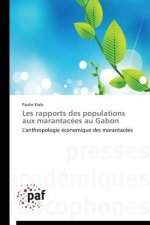
Les Rapports Des Populations Aux Marantacees Au Gabon
67.99 € -9 % -

Groping Toward the Light
31.77 € -

English Mantra
19.56 € -

Die schönsten Weihnachtsgeschichten von Astrid Lindgren, 3 Audio-CD
13.81 € -9 % -

Not What It Seems
20.57 € -2 % -

Wiederkehr
10.99 € -4 %
Bon podarunkowy: Radość gwarantowana
- Podaruj bon o dowolnej wartości, a my się zajmiemy resztą.
- Bon podarunkowy dotyczy całej naszej oferty.
- Możesz wydrukować elektroniczny bon z e-maila a następnie przekazać go obdarowanemu.
- Ważność bonu wynosi 12 miesięcy od daty wystawienia.
Więcej informacji o After the Beautiful
Za ten zakup dostaniesz 71 punkty
 Opis
Opis
In his Berlin lectures on fine art, Hegel argued that art involves a unique form of aesthetic intelligibility--the expression of a distinct collective self-understanding that develops through historical time. Hegel's approach to art has been influential in a number of different contexts, but in a twist of historical irony Hegel would die just before the most radical artistic revolution in history: modernism. In "After the Beautiful," Robert B. Pippin, looking at modernist paintings by artists such as Edouard Manet and Paul Cezanne through Hegel's lens, does what Hegel never had the chance to do. While Hegel could never engage modernist painting, he did have an understanding of modernity, and in it, art--he famously asserted--was "a thing of the past," no longer an important vehicle of self-understanding and no longer an indispensable expression of human meaning. Pippin offers a sophisticated exploration of Hegel's position and its implications. He also shows that had Hegel known how the social institutions of his day would ultimately fail to achieve his own version of genuine equality, a mutuality of recognition, he would have had to explore a different, new role for art in modernity. After laying this groundwork, Pippin goes on to illuminate the dimensions of Hegel's aesthetic approach in the path-breaking works of Manet, the "grandfather of modernism," drawing on art historians T. J. Clark and Michael Fried to do so. He concludes with a look at Cezanne, the "father of modernism," this time as his works illuminate the relationship between Hegel and the philosopher who would challenge Hegel's account of both modernity and art--Martin Heidegger.Elegantly inter-weaving philosophy and art history, "After the Beautiful" is a stunning reassessment of the modernist project. It gets at the core of the significance of modernism itself and what it means in general for art to have a history. Ultimately, it is a testament, via Hegel, to the distinctive philosophical achievements of modernist art in the unsettled, tumultuous era we have inherited.
 Szczegóły książki
Szczegóły książki
Kategoria Knihy po anglicky Humanities Philosophy History of Western philosophy
28.14 €
- Pełny tytuł: After the Beautiful
- Podtytuł: Hegel and the Philosophy of Pictorial Modernism
- Autor: Robert B. Pippin
- Język:
 Angielski
Angielski - Oprawa: Miękka
- Liczba stron: 176
- EAN: 9780226325583
- ID: 09374502
- Wydawca: The University of Chicago Press
- Waga: 264 g
- Wymiary: 155 × 229 × 35 mm
- Data wydania: 27. October 2015
Ulubione w innej kategorii
-

Meditations
8.97 € -24 % -

Aphorisms on Love and Hate
3.93 € -15 % -

The Myth of Sisyphus
8.06 € -

Why I Am so Clever
3.93 € -15 % -

Meditations
16.03 € -16 % -

Discourses and Selected Writings
10.58 € -26 % -

Twilight of the Idols with The Antichrist and Ecce Homo
5.44 € -26 % -

Phenomenology of Spirit
37.32 € -5 % -

Things Hidden Since the Foundation of the World
31.17 € -6 % -

Gay Science
12.50 € -22 % -
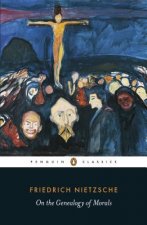
On the Genealogy of Morals
11.09 € -16 % -
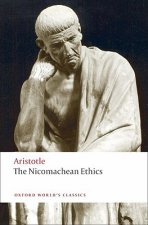
Nicomachean Ethics
10.99 € -4 % -
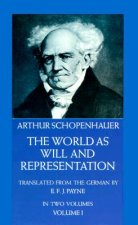
World as Will and Representation, Vol. 1
25.42 € -11 % -
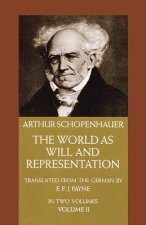
World as Will and Representation, Vol. 2
25.92 € -15 % -

On the Shortness of Life
8.57 € -21 % -

Think
12.30 € -28 % -
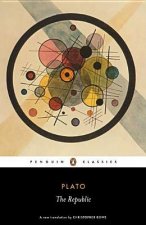
Republic
12.10 € -15 % -
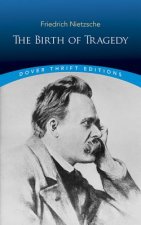
Birth of Tragedy
3.82 € -17 % -
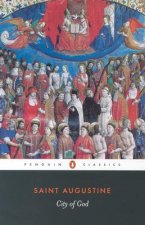
City of God
19.06 € -
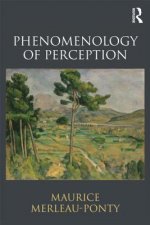
Phenomenology of Perception
42.67 € -1 % -
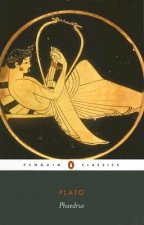
Phaedrus
9.78 € -26 % -
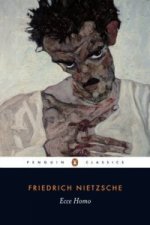
Ecce Homo
9.27 € -28 % -
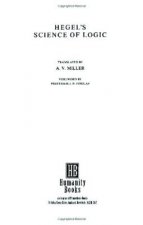
Hegel's Science of Logic
40.55 € -12 % -

Companion to Mill
217.83 € -
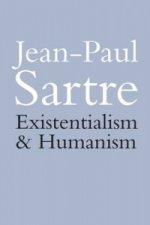
Existentialism and Humanism
12.30 € -14 % -
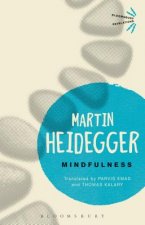
Mindfulness
36.51 € -
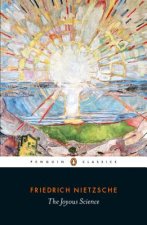
Joyous Science
11.29 € -28 % -
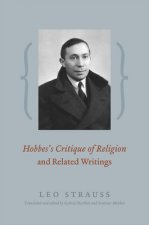
Hobbes's Critique of Religion and Related Writings
47.11 € -
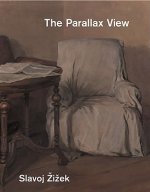
Parallax View
29.15 € -

Letters from a Stoic
12.30 € -14 % -

The Symposium
9.27 € -24 % -

Beyond Good and Evil
9.27 € -34 % -
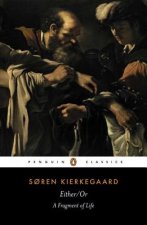
Either/Or
19.36 € -

Nausea
11.09 € -22 % -

Meditations
20.17 € -19 % -

Simulacra and Simulation
23.30 € -
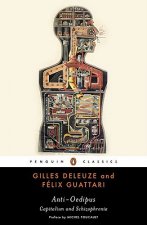
Anti-Oedipus
19.56 € -18 % -

Ride the Tiger
20.88 € -19 % -

Myth of Sisyphus
11.09 € -22 % -

Human, All Too Human & Beyond Good and Evil
5.84 € -20 % -
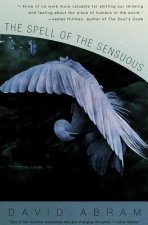
Spell of the Sensuous
17.14 € -14 % -
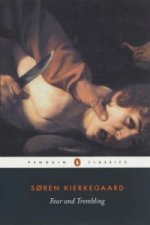
Fear and Trembling
11.09 € -22 % -
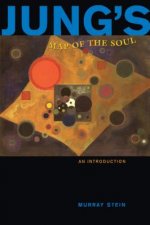
Jung's Map of the Soul
24.81 € -19 % -
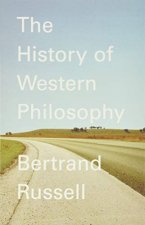
History of Western Philosophy
24.31 € -21 % -

Republic
11.90 € -16 % -

Existentialism Is a Humanism
8.97 € -19 % -

Thus Spoke Zarathustra
9.37 € -29 % -
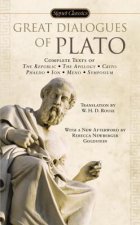
Great Dialogues Of Plato
8.47 € -
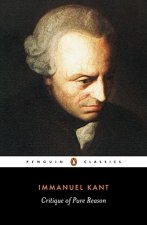
Critique of Pure Reason
17.85 € -22 %
Osobný odber Bratislava a 2642 dalších
Copyright ©2008-24 najlacnejsie-knihy.sk Všetky práva vyhradenéSúkromieCookies


 21 miliónov titulov
21 miliónov titulov Vrátenie do mesiaca
Vrátenie do mesiaca 02/210 210 99 (8-15.30h)
02/210 210 99 (8-15.30h)